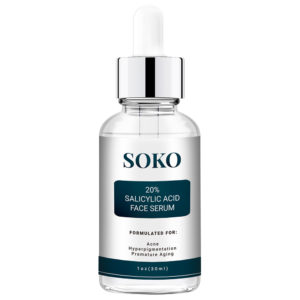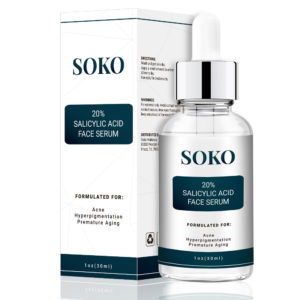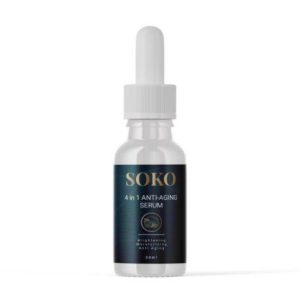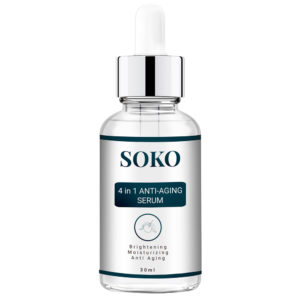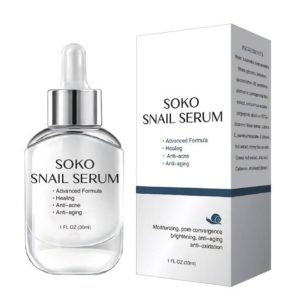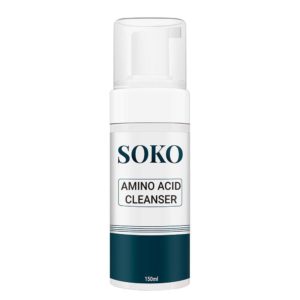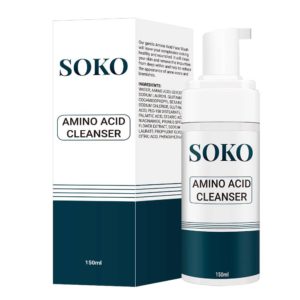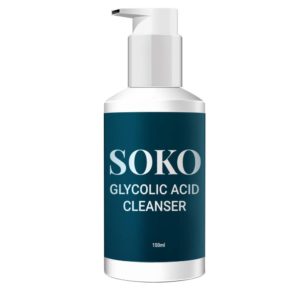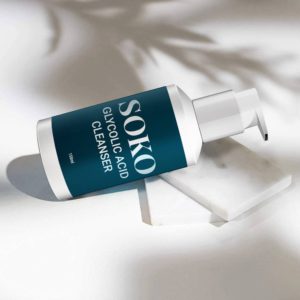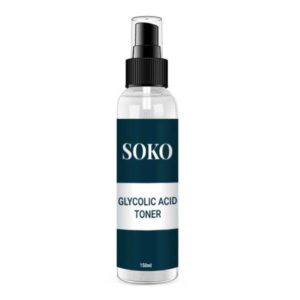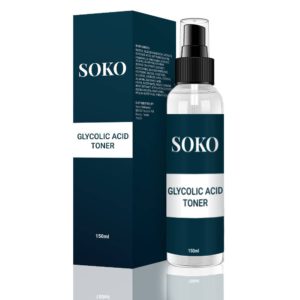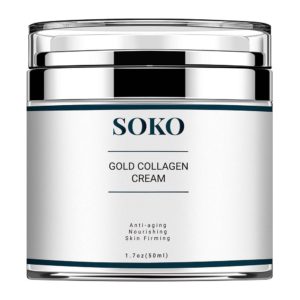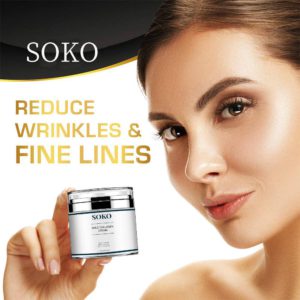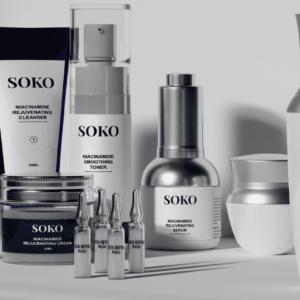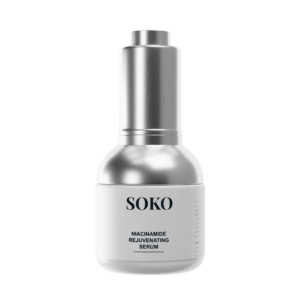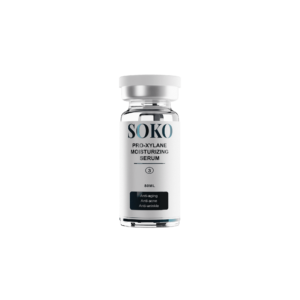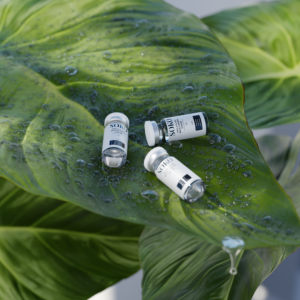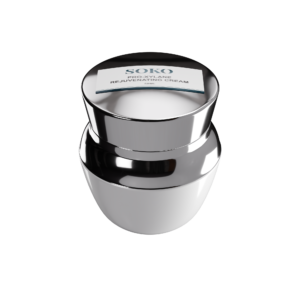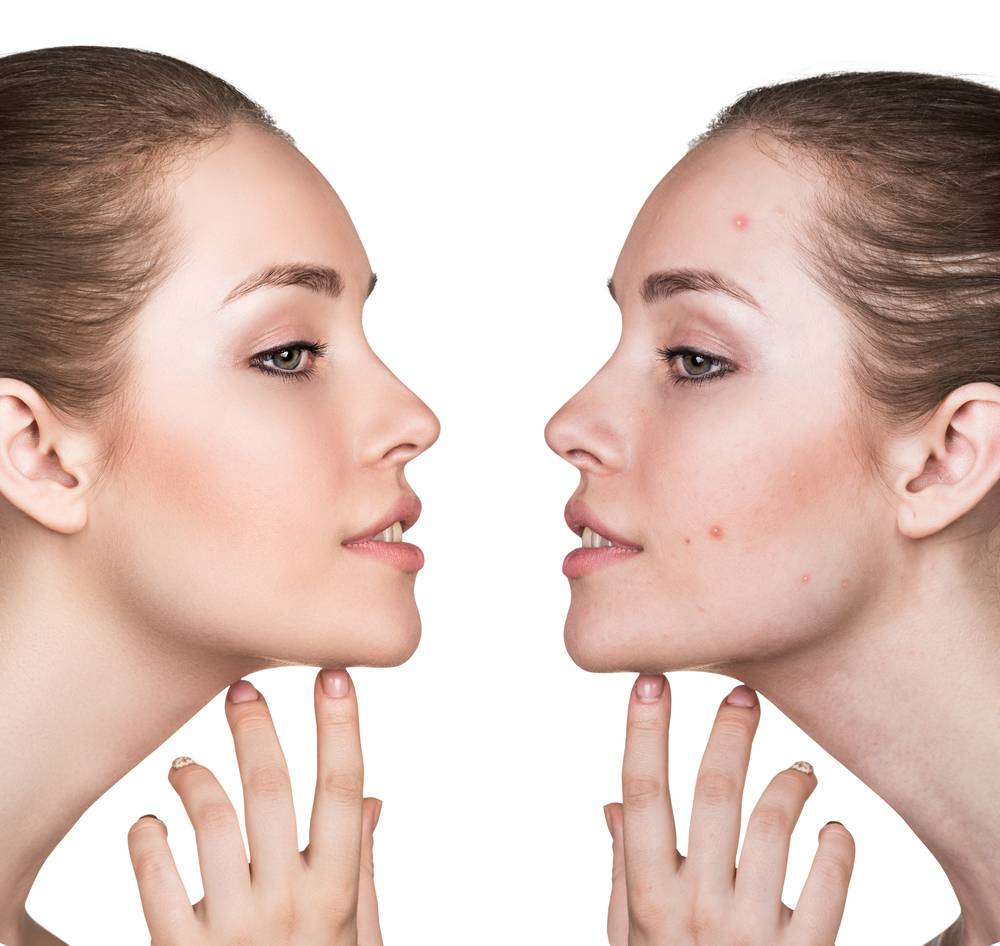20% Salicylic Acid Face Serum
$29.99
Our 20% Salicylic Acid Face Serum was formulated with specific goal to target acne prone skin. Acne is a common skin condition that can be…
4 in 1 Anti-aging Serum
$39.99
10% Vitamin E 30% Vitamin C 5% Nicotinamide 10% Hyaluronic Acid Niacinamide Facial Cleanser- 100ml Our potent Niacinamide Facial Cleanser scraps off dirt, pollutants, and…
4 In One Collagen Serum
$26.99
All In One Collagen Serum Main Ingredients Vitamin C, Vitamin A, CoQ10 Hyaluronic acid SOKO Collagen Serum, a revolutionary skincare solution, is formulated with…
Advanced Formula Snail Serum
$28.99
Advanced Formula Snail Serum Our Advanced Formula Snail Serum harnesses the magical healing properties of snail secretions to heal and moisturize your skin. The powerful…
Amino Acid Cleanser
$26.99
Amino Acid Face Wash Amino acids have countless benefits for the skin – they encourage cell turnover and moisture retention, protect against harmful UV rays…
Glycolic Acid Cleanser
$29.99
Our unique Glycolic Cleanser removes built-up layers of dead skin revealing smoother, firmer-looking skin.
Benefits:
Revitalizes uneven skin tone
Smooths the appearance of wrinkles
Weightless gel…
Glycolic Acid Toner
$24.99
Glycolic Acid Toner GLYCOLIC ACID TONERWATER,ALOE BARBADENSIS EXTRACT,,GLYCOLIC ACID,BUTYLENE GLYCOL,HAMAMELIS VIRGINIANA EXTRACT,AESCULUS HIPPOCASTANUM (HORSE CHESTNUT) EXTRACT,GLYCERIDES,SODIUM HYDROXIDE ,HEXYLENE GLYCOL,FRUCTOSE,GLUCOSE,SUCROSE,UREA,DEXTRIN,ALANINE,GLUTAMIC ACID,HEXYL NICOTINATE,PANAX GINSENG ROOT EXTRACT,ETHYLHEXYLGLYCERIN,DISODIUM…
Gold Collagen Cream
$36.99
Gold Collagen Cream Our Gold Collagen Cream was formulated with the aging skin in mind. Aging is inevitable, but that doesn’t mean you have to accept it.…
Niacinamide Facial Cleanser
Original price was: $26.99.$13.99Current price is: $13.99.
Our potent Niacinamide Facial Cleanser scraps off dirt, pollutants, and sweat to make your skin breathable and soft. The gentle cleansers clear out impurities from…
Niacinamide Rejuvenating Serum
$17.99
Niacinamide Rejuvenating Serum-25ml Our Niacinamide Rejuvenating Serum is a revolutionary formula for skin repair; this serum has all you need. From balancing the skin texture to…
Niacinamide Rejuvenating Ampoule Essence
$18.99
Niacinamide Rejuvenating Ampoule Essence 2ml*5 Our Niacinamide Rejuvenating Ampoule Essence maybe tiny but this tiny bottle of goodness has a far-reaching impact on skin rebuilding. The…
Niacinamide Rejuvenating Cream
$26.99
Niacinamide Rejuvenating Cream-50ml Our Niacinamide Rejuvenating Cream will revive your skin’s glory using the powerful action of our nourishing formula. Niacinamide makes the skin elastic…
